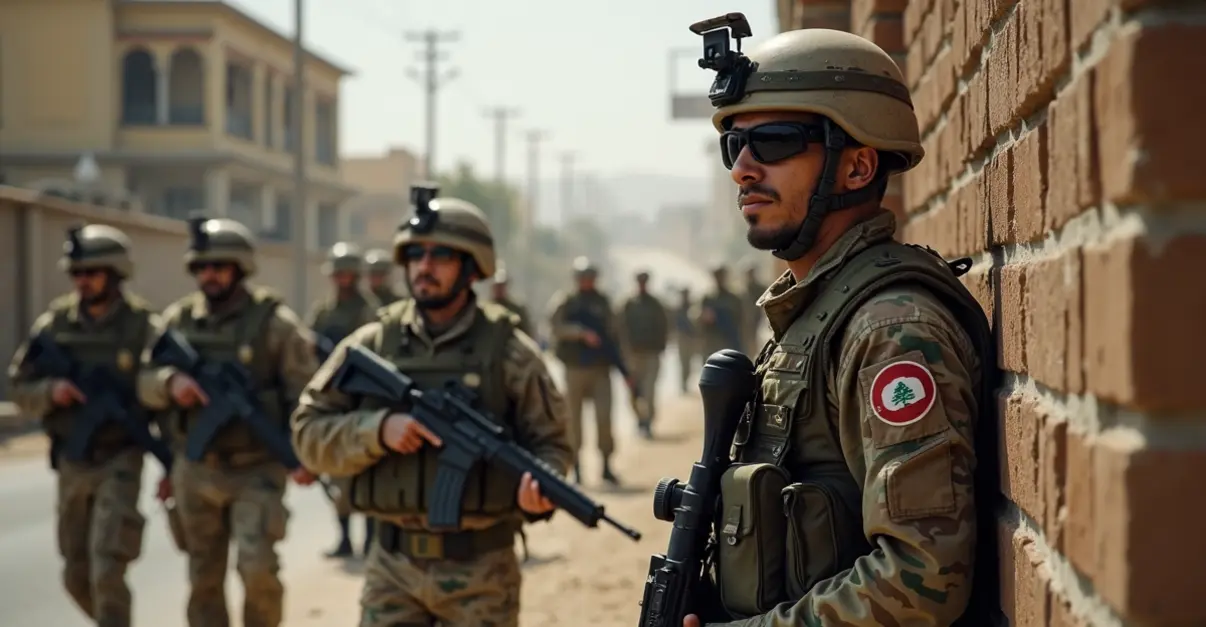
Historic Decision Ends Nearly Five Decades of UN Presence
The United Nations Security Council has unanimously voted to end the UNIFIL peacekeeping mission in Lebanon by 2027, marking the conclusion of nearly 50 years of international military presence in the region. The decision represents a compromise between competing international interests and sets a definitive timeline for the withdrawal of approximately 10,800 peacekeepers.
Compromise Between Divergent Positions
The resolution follows intense negotiations between the United States and Israel on one side, and Lebanon and France on the other. American and Israeli officials initially sought a shorter extension of six months to one year, while Lebanese and French diplomats argued for more time to ensure the Lebanese Armed Forces could adequately assume security responsibilities along the volatile border with Israel.
UNIFIL's Historical Context
UNIFIL was established in 1978 following Israel's Operation Litani, which saw Israeli forces invade southern Lebanon to combat Palestinian militant groups. The mission's original mandate included monitoring Israeli withdrawal and maintaining peace in the border region. Despite the UN presence, Israel launched additional invasions in 1982 and 2006, the latter conflict leading to a significant expansion of UNIFIL's forces from 2,000 to 15,000 personnel.
Recent Security Developments
The security situation in southern Lebanon has undergone significant changes over the past year. Following cross-border attacks between Hezbollah and Israel that began in October 2023, both parties agreed to a ceasefire in November 2024. The conflict substantially weakened Hezbollah's military capabilities, creating what US officials describe as "radically different security conditions" that enable Lebanon to take greater responsibility for border security.
Concerns About Power Vacuum
France and Italy expressed concerns that a premature withdrawal could create a security vacuum that might allow Hezbollah to regroup and rearm. The compromise extends UNIFIL's mandate for 16 months until December 31, 2026, with complete withdrawal scheduled for 2027. This timeline provides the Lebanese military with additional preparation time while addressing American budgetary concerns about continued funding.
Future Challenges
The successful transition will require significant capacity building within the Lebanese Armed Forces and continued diplomatic engagement between Lebanon and Israel. The withdrawal also coincides with the requirement for Israel to remove its remaining forces from Lebanese territory, creating a complex security handover process in one of the Middle East's most volatile border regions.

 Nederlands
Nederlands English
English Français
Français Deutsch
Deutsch Español
Español Português
Português


